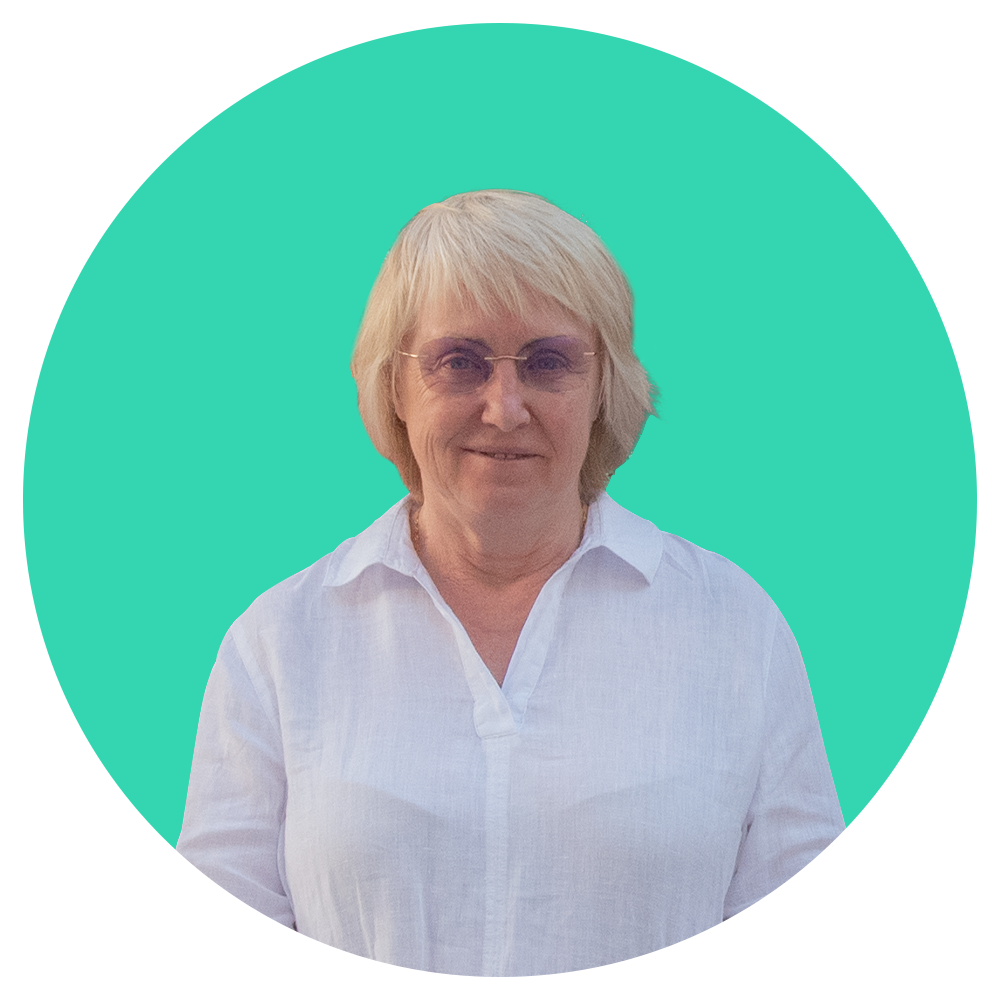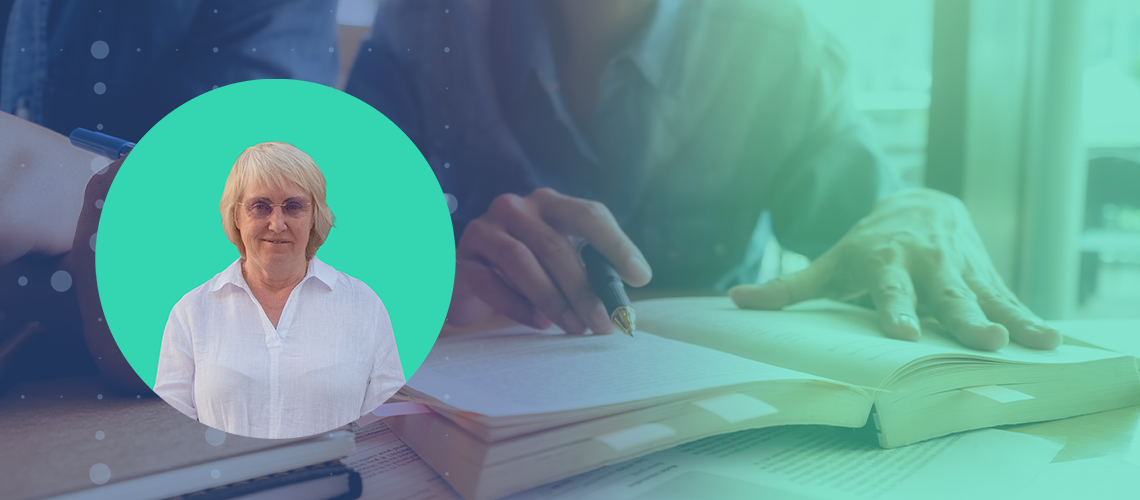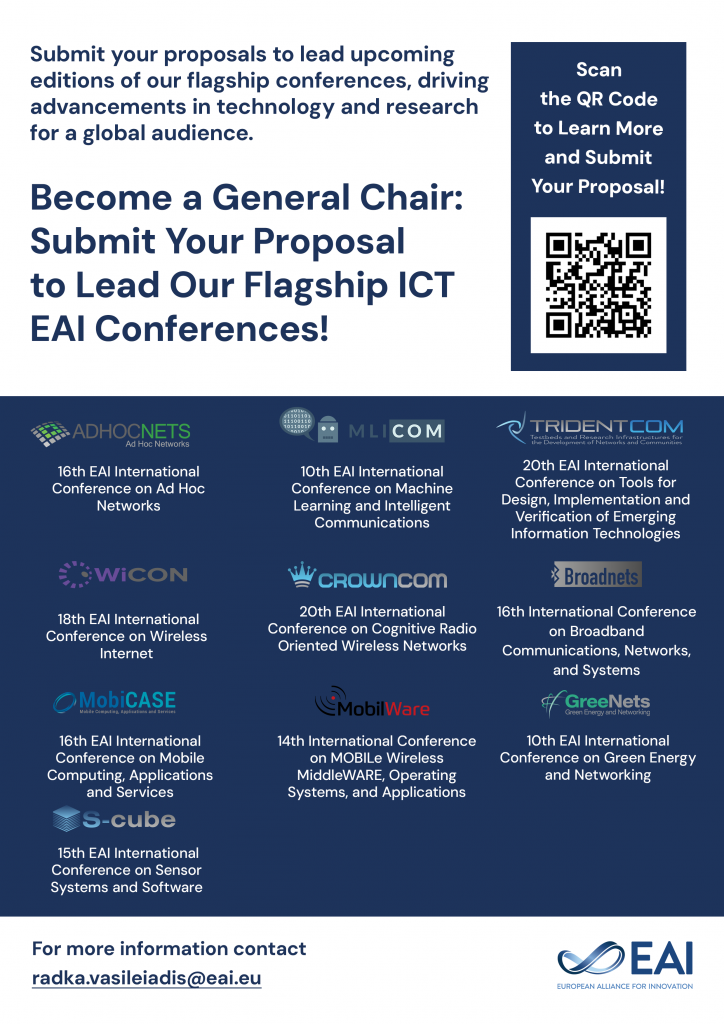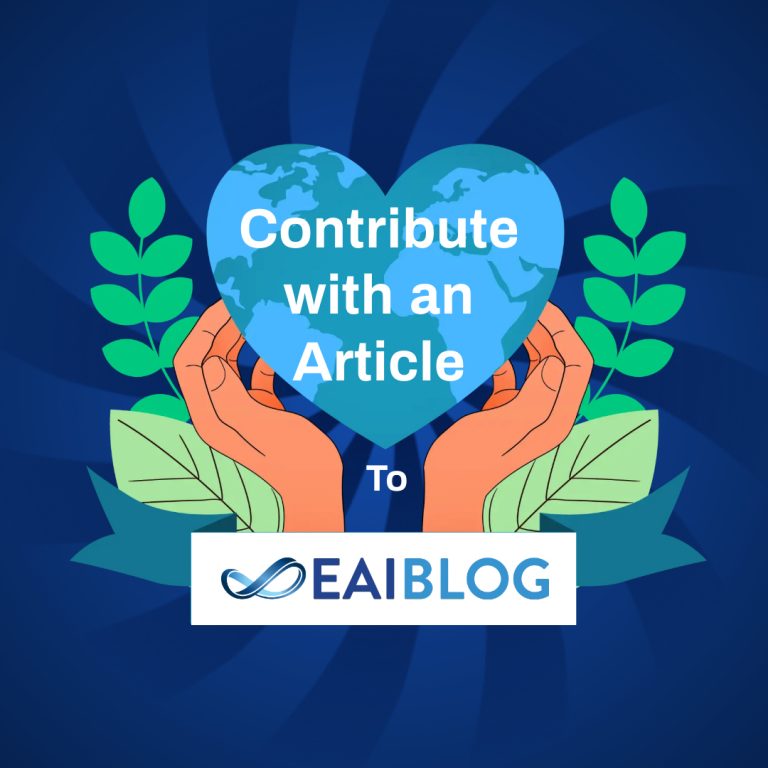The Computer Science and Education in Computer Science (CSECS) conference has grown over the past 21 years into a unique international forum for collaboration, innovation, and academic exchange. Founded through a partnership between institutions in the USA, Germany, and Bulgaria, CSECS continues to bring together researchers, educators, and students from across the globe. In this interview, Dr. Rossitza “Rossy” Goleva (New Bulgarian University, Bulgaria) – one of the key figures behind the conference – reflects on its origins, evolution, and what makes it such a meaningful platform for the computer science community.
1. Could you please briefly tell us about the motivation behind starting the CSECS conference more than 20 years ago?
The motivation to start the CSECS conference 21 years ago was to provide a forum where the collegium from the three universities and all possible partners meet and discuss cooperation in research, projects, and education. The three founding universities are:
- Metropolitan College, Boston University, USA
- University of Applied Sciences in Fulda, Germany
- New Bulgarian University, Bulgaria
Due to this good cooperation, we also participate together in many other activities such as:
- Teaching at partnering universities under internal projects support or EU programme Erasmus
- Participation in EU programs like Horizon and COST actions.
- Cooperative research and tutoring PhD students.
2. Looking back, are there any editions of CSECS that hold a special place in your heart—maybe because of the people, the challenges, or even unexpected surprises?
EAI CSECS 2024 in Sofia attracted many participants not only from the three universities but also from other countries. It was also the 20th edition of the conference and the 3rd edition together with EAI. Local students participated in the forum and demonstrated promising results.
EAI CSECS 2010 in Fulda and Munich was interesting, with many participants from Germany and the US. There was a special session for PhD students, and there were very promising results from this session.
EAI CSECS 2013 was organized in Wuerzburg, and many students participated in the event.
EAI CSECS 2023 in Boston was a broad open forum for many bachelor’s, master and PhD students.
3. Over 21 years, the tech world has changed dramatically. What’s it been like watching the conference grow and evolve alongside those shifts?
The forum was changing a lot under the umbrella of common naming “Computer Science and Education in Computer Science”. There was always a session on new trends in the theory of computation, software development, a session for computer science implementation in different sectors such as medicine, health care, forest fire detection, agriculture, industry, artificial intelligence, new technologies in education, and so on.
4. From your perspective as General/Program Chair, what makes CSECS unique compared to other computer science conferences in the region or globally?
The EAI CSECS conference is unique because it allows many people from all around the World to get together, present, and discuss their ideas. At a certain point, the conference is like a bridge between the USA, the West, and Eastern Europe. The way of teaching and working in the partnering universities is rather different, and the exchange of ideas has a very positive impact on the quality of work.
The applications for EAI CSECS 2025 came from North America, Europe, Australia, Asia, and Africa.
5. If you could speak directly to a young researcher attending CSECS for the first time, what advice or encouragement would you offer them?
Young colleagues need to understand that the sector changes every 2-3 years, and they have to keep their eyes open for the new trends and technologies. We encourage them to study new technologies and pay attention to the fundamental courses during their studies.

Dr. Rossitza Goleva
Dr. Rossitza Goleva of New Bulgarian University, Bulgaria, has over 30 years of experience in research and academia, with more than 100 publications and contributions to over 30 projects in communication networks, cloud computing, IoT, and performance analysis. She is now the Editor-in-Chief of EAI Endorsed Transactions on e-Learning.




